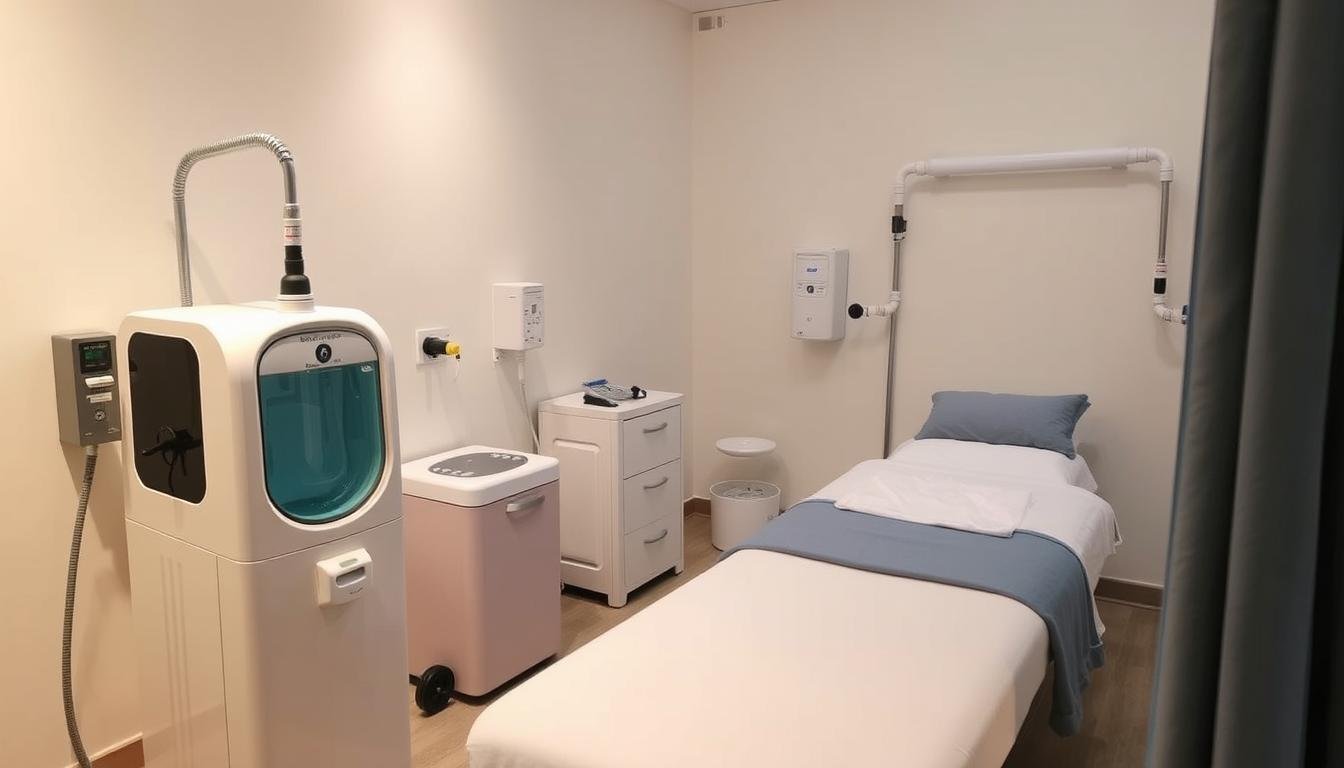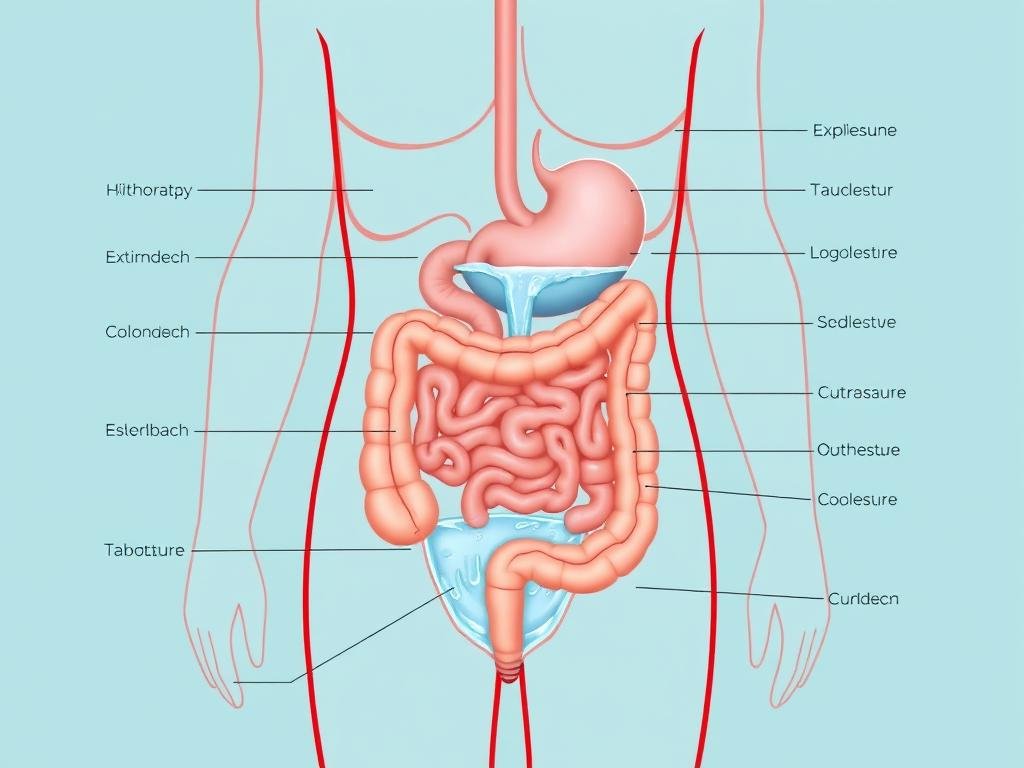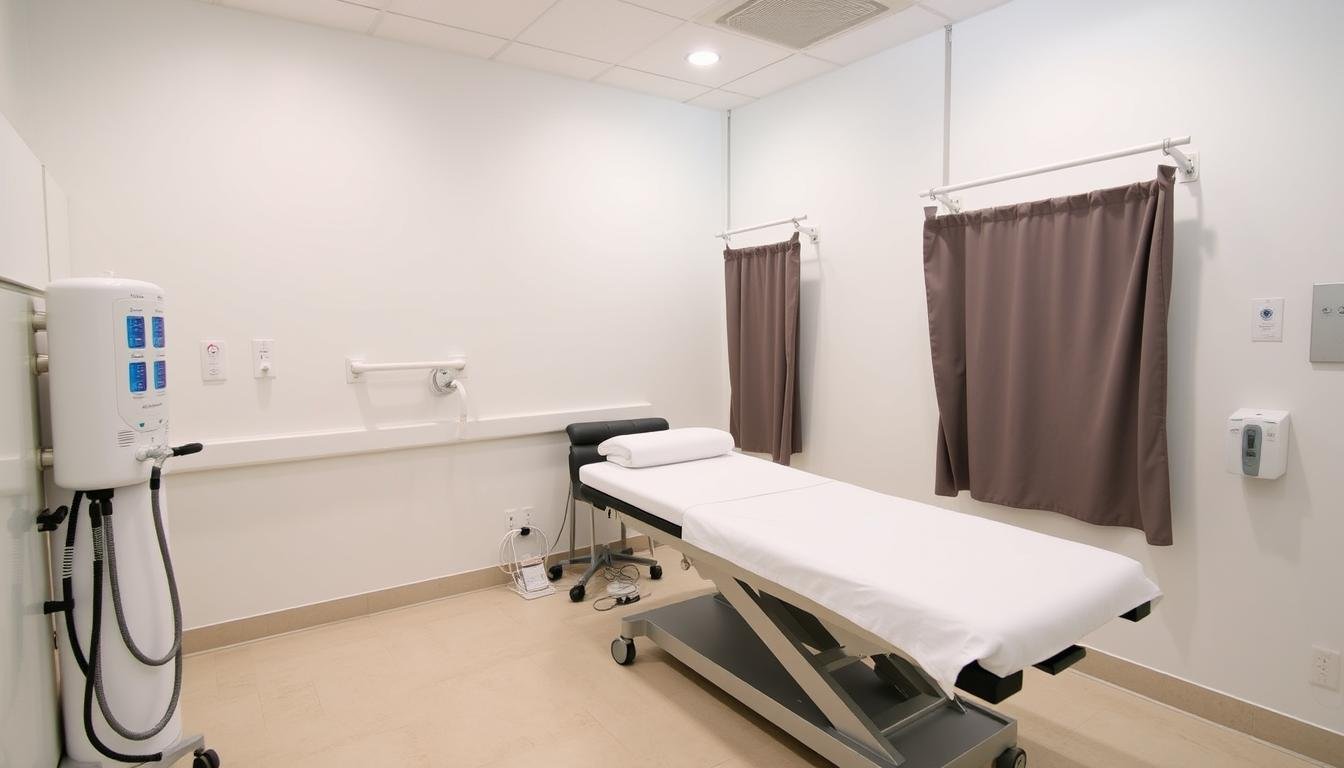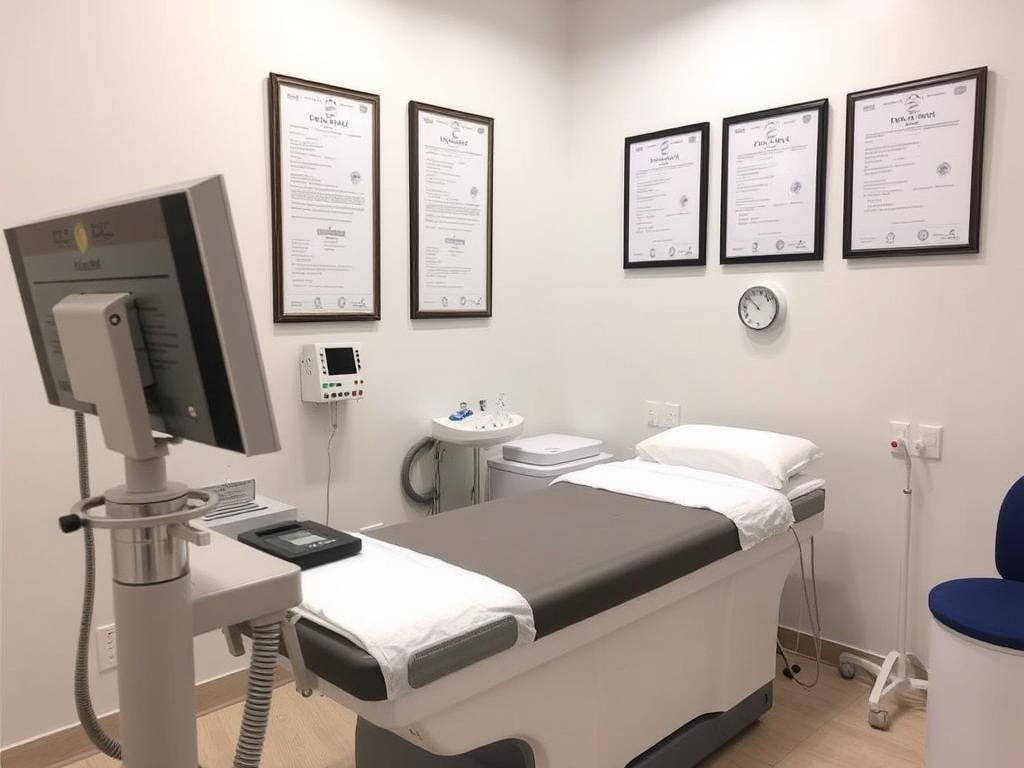What Is Colonic Hydrotherapy?
Colonic hydrotherapy is a procedure where large amounts of water—sometimes mixed with herbs or other substances—are flushed through the colon via a tube inserted into the rectum. The practice dates back to ancient Egypt, Greece, and China, where various forms of colon cleansing were used as healing therapies.
In modern practice, a certified colonic hygienist typically performs the procedure using specialized equipment that controls water temperature and pressure. Unlike an enema, which affects only the lower part of the colon, colonic hydrotherapy aims to cleanse the entire large intestine.

Anatomical illustration of how colonic irrigation affects the large intestine
During a typical session, approximately 60 liters of filtered water gently flow through the colon. The practitioner may apply light abdominal massage to help release waste material. Sessions usually last 45-60 minutes, and the process is controlled to maintain comfort and dignity for the client.
The colon is the large intestine, and it absorbs water and salts from waste material that has traveled through the body. Bacteria in the colon break down the remaining material, which then exits the body through the rectum and anus.
The Colonic Hydrotherapy Procedure
Understanding what happens during a colonic hydrotherapy session can help alleviate concerns for those considering the treatment. Here’s a step-by-step explanation of what typically occurs:

Typical colonic hydrotherapy treatment room setup
- Initial Consultation: The practitioner reviews your health history and explains the procedure, addressing any questions or concerns.
- Preparation: You’ll be asked to change into a gown and lie on a treatment table. Privacy and dignity are maintained throughout the procedure.
- Insertion: The practitioner gently inserts a disposable, lubricated speculum into the rectum. This speculum is connected to two tubes—one for water intake and one for waste removal.
- Water Flow: Filtered water at a controlled temperature (typically body temperature) flows into the colon. The pressure and temperature can be adjusted for comfort.
- Waste Removal: As water fills the colon, waste material is loosened and flows out through the waste removal tube into a closed system. There are no odors or mess.
- Abdominal Massage: The practitioner may apply light abdominal massage to help release trapped waste material.
- Completion: The procedure typically lasts 45-60 minutes. Afterward, you may use the bathroom to expel any remaining water.
Most practitioners recommend a series of treatments rather than a single session, typically suggesting 3-6 sessions spaced over several weeks for optimal results.

Consultation is an important first step before undergoing colonic hydrotherapy
Medical Perspective and Risks
The medical community generally does not support colonic hydrotherapy as a necessary or beneficial health practice for most people. Major medical institutions, including the Cleveland Clinic, caution against regular use of colonic irrigation. Here’s why medical professionals express concern:
Potential Risks of Colonic Hydrotherapy
- Dehydration: The procedure can cause significant fluid loss, potentially leading to dehydration.
- Electrolyte Imbalance: Colon cleansing can disrupt the balance of important electrolytes like potassium and sodium.
- Bowel Perforation: In rare cases, the pressure or equipment used could damage the intestinal wall.
- Infection: Improper equipment sterilization or technique can introduce harmful bacteria.
- Disruption of Gut Microbiome: Colonic irrigation may wash away beneficial bacteria that support digestive health.
- Worsening of Certain Conditions: People with conditions like Crohn’s disease, ulcerative colitis, or diverticulitis may experience complications.

Medical professionals often recommend consulting with a doctor before trying colonic hydrotherapy
“Ez da zure kolonaren osasuna mantentzeko egin behar duzun zerbait. Pertsona batzuentzat, hidroterapia kolonikoa arriskutsua izan daiteke.”
– Medical professionals caution about routine use
The theory of “autointoxication”—that waste material in the colon produces toxins that enter the bloodstream—gained popularity in the early 1900s but has since been debunked by modern medical science. The body’s natural detoxification systems, primarily the liver and kidneys, effectively remove waste and toxins without assistance in healthy individuals.
Considering Colonic Hydrotherapy?
Before undergoing any colon cleansing procedure, consult with a healthcare provider to discuss your specific health situation and potential risks.
Find a Digestive Health Specialist
Making an Informed Decision About Colonic Hydrotherapy
Colonic hydrotherapy remains a controversial practice in the medical community. While some individuals report subjective benefits, scientific evidence supporting its use for general health maintenance is limited. The procedure carries potential risks that should be carefully considered.
If you’re experiencing digestive issues or are interested in colon health, consider starting with less invasive approaches like dietary changes, increased hydration, and regular exercise. These natural methods support your body’s inherent ability to maintain digestive health without the risks associated with colonic irrigation.
Medical Disclaimer: This article is for informational purposes only and does not constitute medical advice. Always consult with a qualified healthcare provider before starting any new health practice, including colonic hydrotherapy. This is especially important if you have existing health conditions or take medications regularly.
Have Digestive Health Concerns?
If you’re experiencing persistent digestive issues, consult with a gastroenterologist who can provide evidence-based recommendations tailored to your specific health needs.
Find Digestive Health Resources











